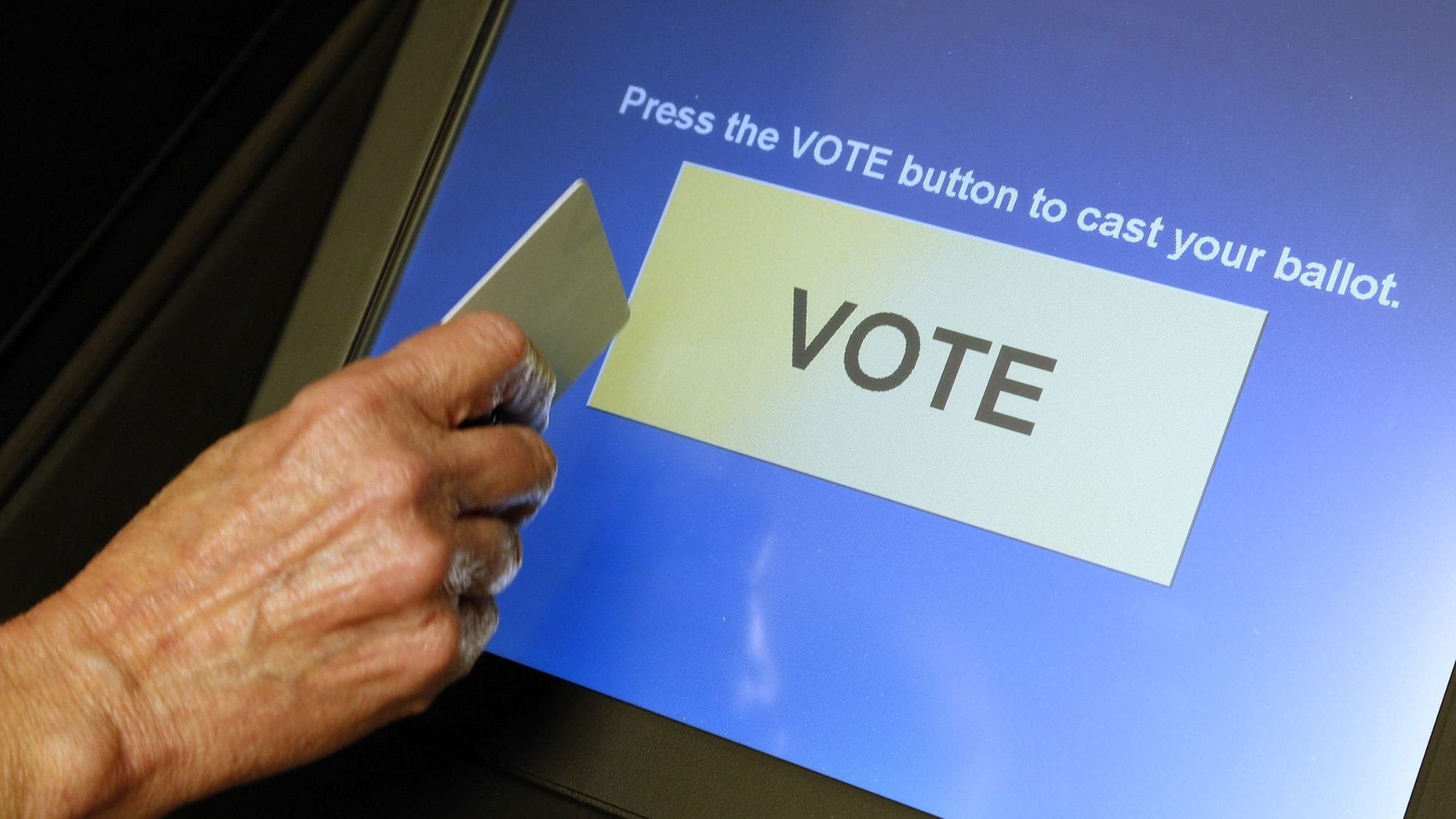Revolutionizing Voting: Madhya Pradesh’s Groundbreaking Paperless Voting Initiative
In a significant stride towards modernization, the Madhya Pradesh State Election Commission has successfully conducted its first-ever paperless voting for panchayat by-elections in Bhopal. This pioneering initiative took place at polling station-295, located in Ratua Ratanpur Gram Panchayat, Berasia Vikaskhand, marking a historic moment for electoral processes in India.
The Vision Behind Paperless Voting
Election Commission Secretary Abhishek Singh emphasized the need for innovation within the voting system, stating that the paperless booth scheme aims to create a simple, smooth, and transparent voting process for both panchayats and urban bodies. Traditionally, panchayat elections require the filling of 26 different forms, each filled with the potential for errors that can lead to disputes. By digitizing these forms, the Madhya Pradesh SEC seeks to minimize mistakes and streamline the voting experience.
A Successful Pilot Run
The first implementation of the paperless voting system in Ratua Ratanpur proved to be a resounding success, achieving an impressive voter turnout of 84%. This new approach promises to transform how voters engage with the electoral process, enhancing accessibility and efficiency.
How Does Paperless Voting Work?
| Feature | Description |
|---|---|
| Electronic Identification | Voters’ signatures and thumb impressions are recorded electronically, ensuring accurate identification and validation of each voter’s identity. |
| Real-Time Updates | The voting percentage is updated online every two hours across various platforms, allowing for transparency and real-time tracking of the electoral process. |
| Post-Voting Notifications | Once the voting concludes, ballot papers are sent to candidates and polling agents via email, fostering transparency in the results and minimizing the chance of disputes. |
Looking Ahead
The Madhya Pradesh State Election Commission’s initiative to initiate paperless voting marks a significant technological advancement in India’s electoral landscape. As more states look towards adopting such innovations, the potential to enhance voter experience and ensure credible elections could fundamentally reshape democracy in the country. The successful implementation of this innovative approach sets a precedent and paves the way for a future where voting is not only more efficient but also more inclusive and accessible for all.












